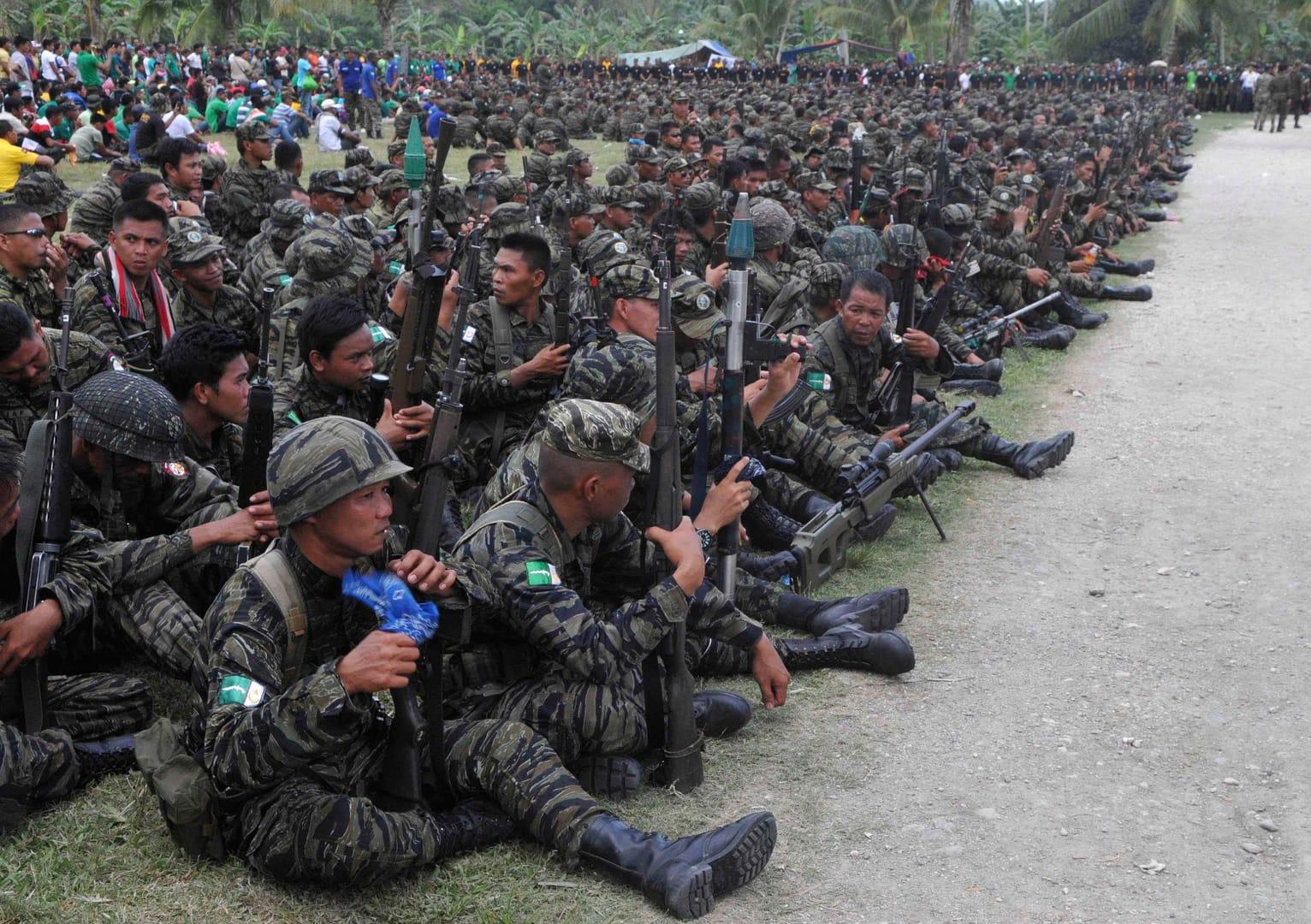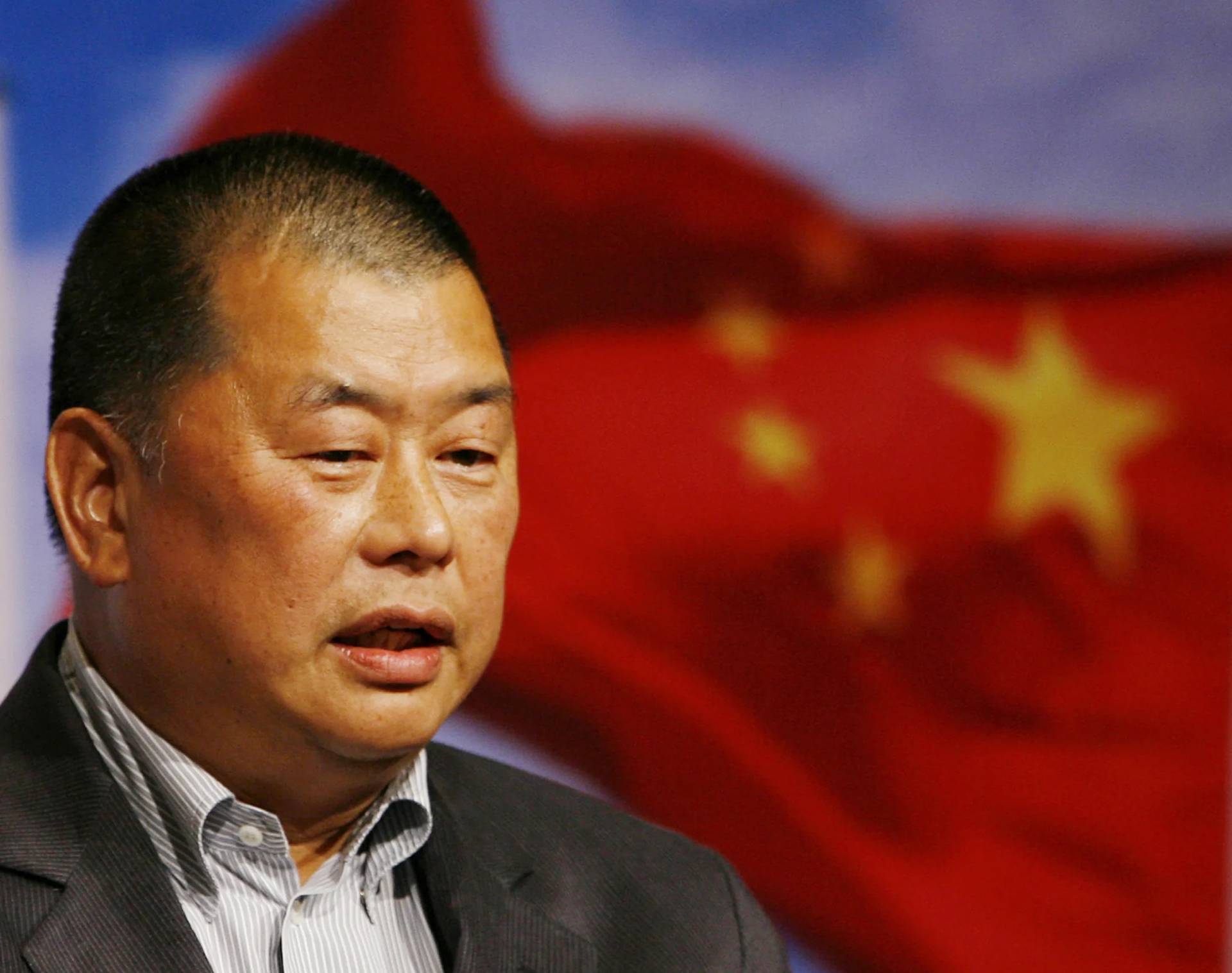MANILA, Philippines — Philippine troops have clashed with Muslim guerrillas in a southern village, leaving at least three soldiers and four rebels dead and sparking fears that an escalation could threaten a 2014 peace pact that has considerably eased years of heavy fighting.
The sporadic clashes erupted Tuesday and Wednesday in a village in Ungkaya Pukan town on the island province of Basilan, where leaders of the military and the Moro Islamic Liberation Front separately ordered their forces to halt the fighting and allow de-escalation talks on Thursday.
Military and rebel commanders at the scene of the fighting accused each other of violating the 2014 peace accord, which eased years of bloody and extensive fighting between government forces and the Muslim rebel front, the largest separatist insurgent group in the south of the largely Roman Catholic nation.
The clashes left three soldiers dead and seven others wounded, the military said, while the rebels reported at least four dead and several others wounded. The conflict underscored the fragility of law and order in a southern region faced with a surfeit of loose firearms, private armies, crushing poverty and a long history of violence.
Under the 2014 peace pact, the Moro Islamic Liberation Front dropped its secessionist demand in exchange for a more powerful and better-funded Muslim autonomous region called Bangsamoro.
The five-province Muslim region is now led by former guerrilla leaders under a transition period ending in 2025.
Nearly half of about 40,000 guerrillas have agreed to lay down their firearms and return to normal life in exchange for livelihood packages under the peace pact. Thousands of other rebels have kept their firearms while waiting to be subjected to a years-long “decommissioning process,” a subtle term for surrendering their weapons. The process has been delayed amid complaints that former rebels have failed to receive promised cash and other incentives from the government.
“This is very alarming because the implications are worrisome to us,” Naguib Sinarimbo, the interior minister of the Bangsamoro autonomous region, told The Associated Press. “Our worry is if there are sparks like this, concerns may arise whether the decommissioning process would continue.”
Brig. Gen. Domingo Gobway, an army brigade commander in Basilan, said his forces were cracking down on armed men involved in extortion and intimidation using homemade bombs. Amid the military campaign, the gunmen fled to a Basilan village called Ulitan, where they were protected by Moro Islamic Liberation Front guerrillas, he said.
The rebels and the extortion gang were forced to leave Ulitan village in September amid the military crackdown, but Moro Islamic Liberation Front guerrillas returned on Monday with their firearms in violation of an agreement that rebel firearms and other weapons should be restricted in mutually identified Moro Islamic Liberation Front encampments, Gobway said.
Troops came under fire in Ulitan on Tuesday and Wednesday, prompting them to return fire and take action to bring the situation under control, military officials said.
Mohagher Iqbal, who led the Muslim guerrillas in years of peace talks with the government, said the violence “was an unfortunate incident that no one desired to happen … while the peace process’ dividends have started to be felt by the people.”
Iqbal called for the combatants’ “immediate disengagement to prevent the situation from escalating” and urged government and rebel ceasefire representatives to carry out an investigation to prevent a repeat of such deadly clashes.
Western governments have welcomed progress in years of peace talks between Manila and Muslim rebels that have turned major battlefields into potential growth centers in the south in recent years, in the homeland for minority Muslims who live in some of the poorest and least-developed provinces in the country.
Had the decades-old Muslim insurgency continued to flare in the southern Philippines, there were worries that large numbers of Muslim insurgents could forge an alliance with outside militant forces and turn the south into a breeding ground for extremists.













